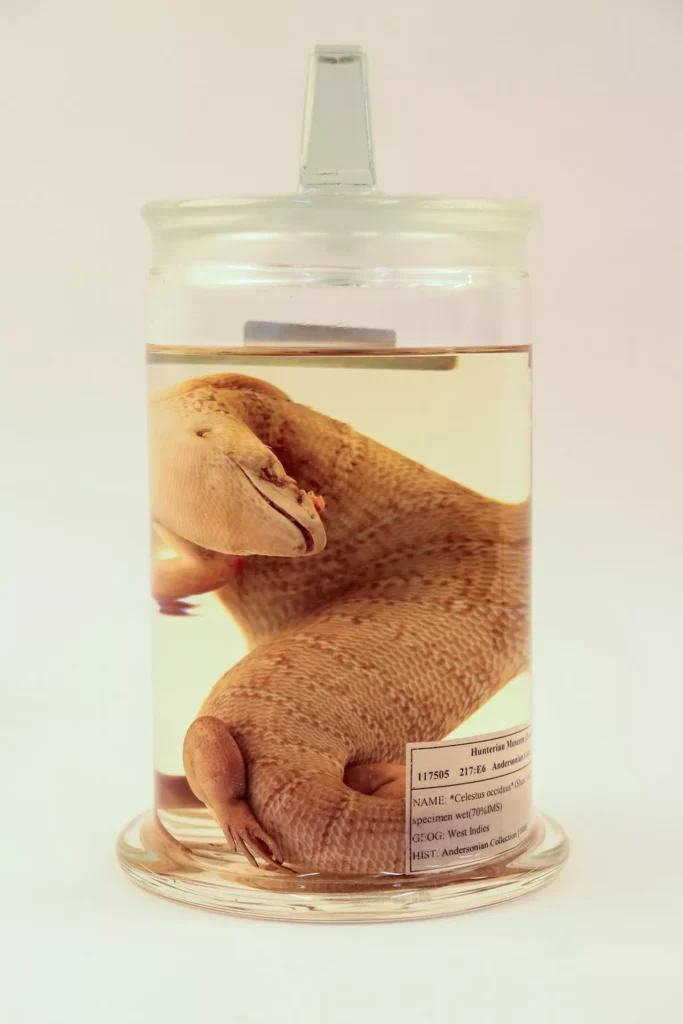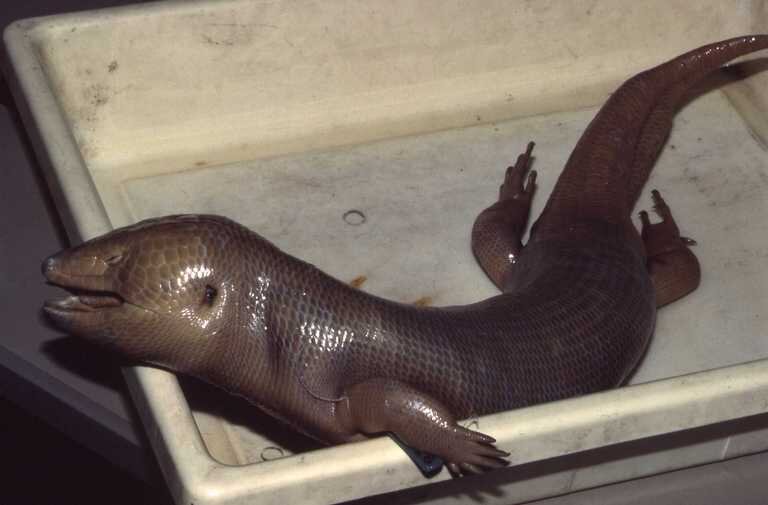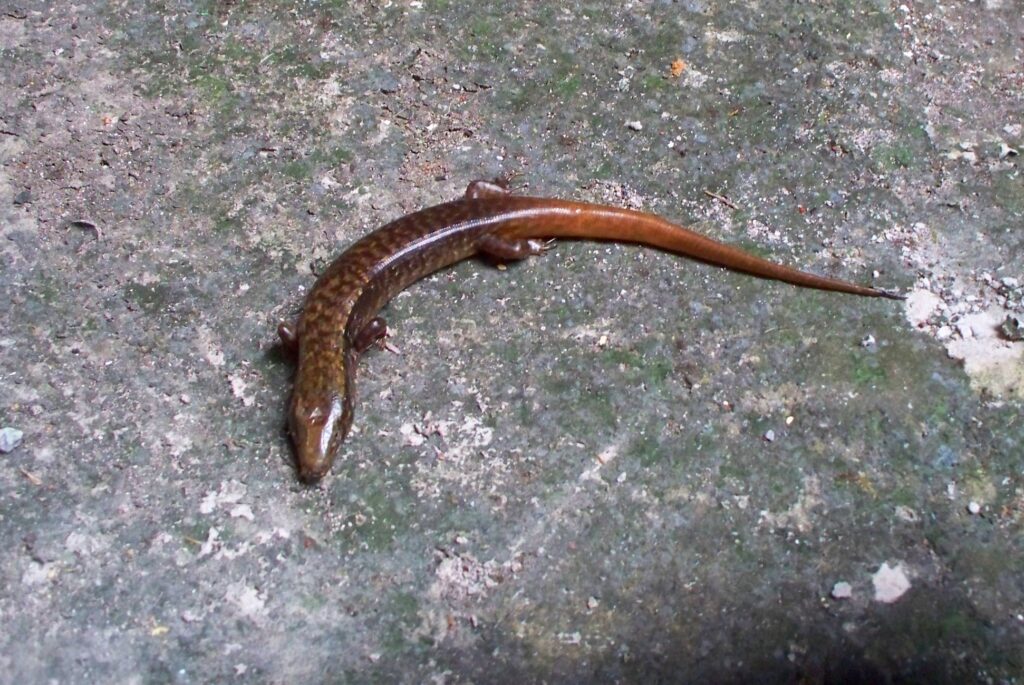
In a historic move blending science, justice, and ecology, a 170-year-old relic is about to make an epic journey back to its Jamaican roots from a Scottish university. The star of the show? The elusive Jamaican Giant Galliwasp, a species now presumed extinct, that found itself nestled in the halls of the University of Glasgow back in 1888.
Leading the charge is a collaborative team from the University of the West Indies (UWI) and the Institute of Jamaica (IOJ), embarking on what's being hailed as the Caribbean's first repatriation of a natural history specimen. But this endeavor isn't just about returning a lizard; it's a bold step towards rectifying past injustices and confronting the lingering shadows of colonialism.

The tale of the Jamaican Giant Galliwasp is one of loss and ecological upheaval. Once thriving in Jamaica's lush landscapes, these majestic creatures fell victim to the voracious appetite of the sugar trade, their habitats razed, and their existence threatened by invasive predators like rats.
The journey back to Jamaica isn't merely symbolic; it's a testament to the power of collaboration and reconciliation. A landmark 2019 memorandum of understanding between the UWI and the University of Glasgow laid the groundwork, aiming to bridge divides and confront historical wrongs.

Professor Sir Hilary Beckles, vice-chancellor of the UWI, encapsulates the spirit of this endeavor, emphasizing the significance of this return as a catalyst for broader discussions on repatriation and justice.
But this isn't just a story of retrieval; it's also one of discovery and partnership. The Galliwasp's return promises to deepen ties between institutions, fostering a greater understanding of repatriation issues in the museum sector.

The homecoming of this ancient lizard isn't just about the past; it's also about the future. The lizard, lovingly preserved in a glass jar, will find its new home in the Natural History Museum of Jamaica, ensuring its accessibility to all Jamaicans and serving as a poignant reminder of the island's rich biodiversity and the importance of conservation.
As the team from UWI and IOJ prepares to embark on their journey, they carry with them not just a lizard, but the hopes and aspirations of a nation reclaiming its heritage and forging a path towards a more just and equitable future.
